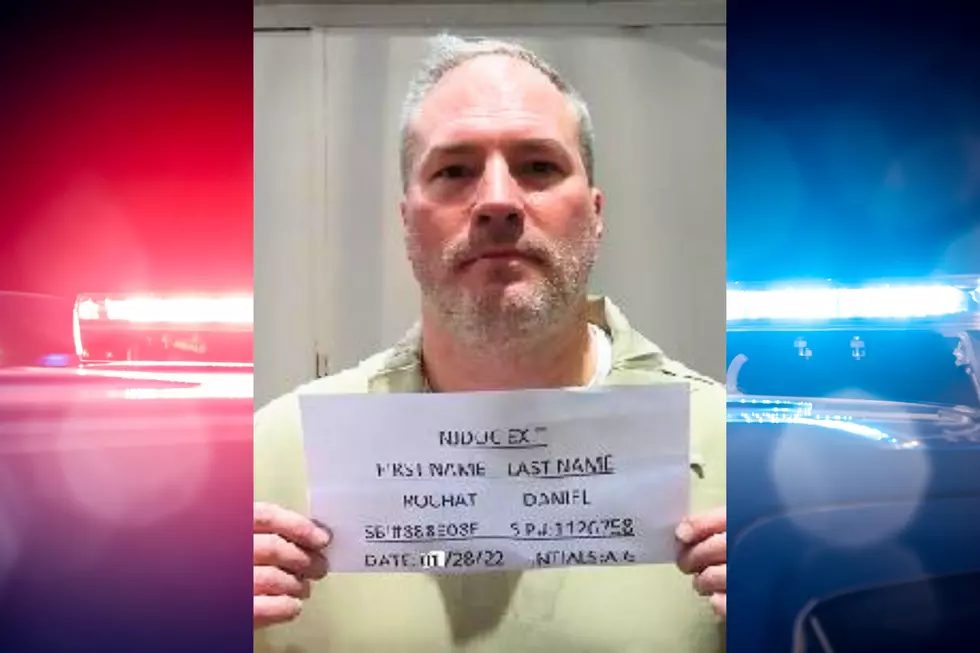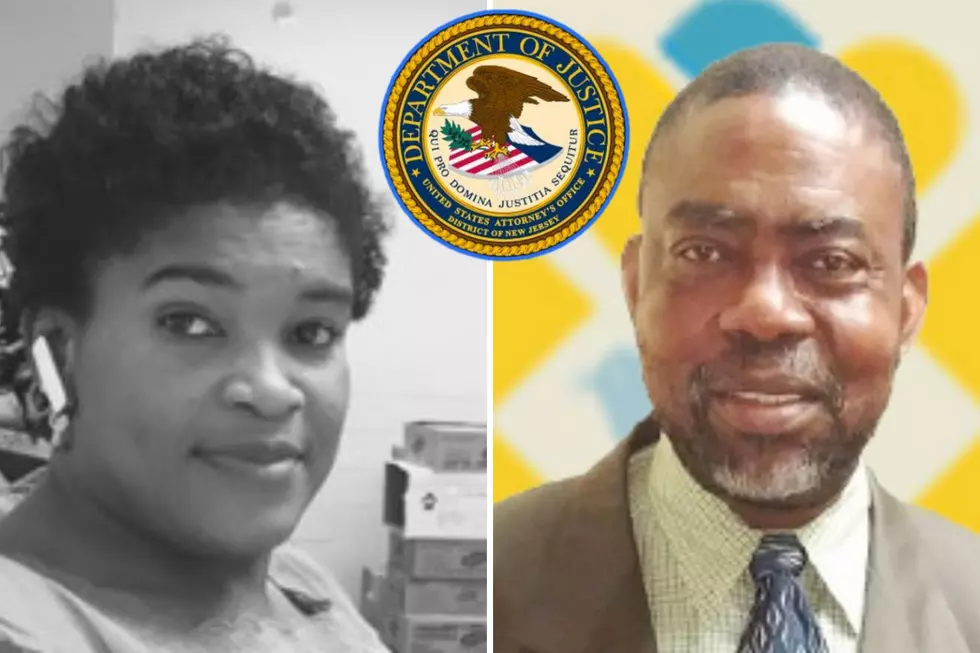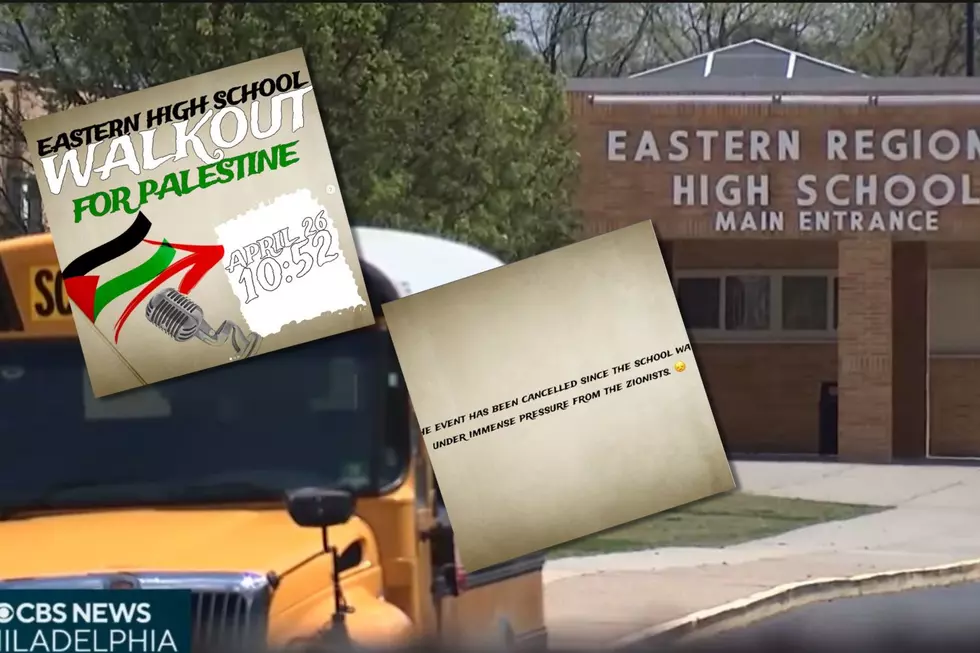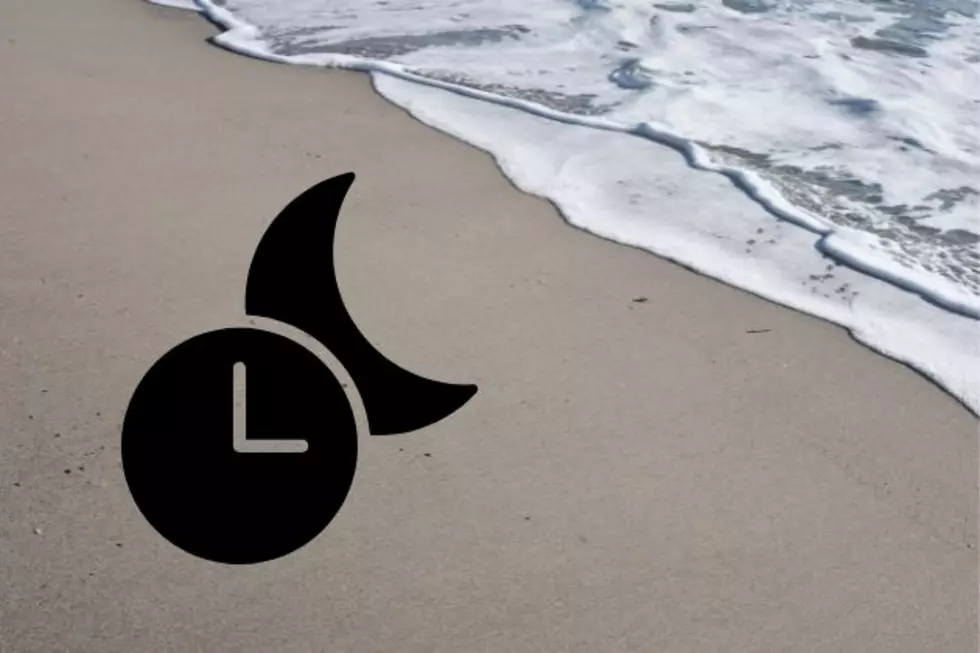
Kill badgers, save the fish – Prince Charles’ secret letters
LONDON (AP) -- The Patagonian Toothfish has a friend in the future king of England -- that's one lesson from the British government's release Wednesday of previously secret letters written by Prince Charles to government officials.
The cache of 27 letters was the subject of a lengthy legal battle that pitted Charles' right to privacy against the public's right to know. The British press dubbed them the "black spider" memos, due to Charles' cramped handwritten greetings and closings, and the British government spent years in court and hundreds of thousands of pounds (dollars) trying to keep them secret.
The letters, written a decade ago, include 10 written by Charles personally to former Prime Minister Tony Blair and other top officials in his Labour Party government. The sometimes quirky prince, known for his commitment to organic farming and traditional architecture, freely expresses himself on matters like badger culling, fish protection, the readiness of the Armed Forces, standards for alternative medicines and the preservation of historic buildings.
The letter-writing is controversial because as Britain's future king, Charles is expected to remain neutral on political matters. Some could see the letters as inappropriate lobbying of the government by the heir to the throne -- especially since the prince does mention sensitive topics dealing with national security matters, including the war in Iraq.
The tone of his letters is polite and sometimes apologetic. Charles does not demand action -- but that doesn't mean British ministers felt they could ignore his myriad concerns.
A 2004 missive to the British fisheries minister is typical.
"I particularly hope that the illegal fishing of the Patagonian Toothfish will be high on your list of priorities because until that trade is stopped, there is little hope for the poor old albatross, for which I shall continue to campaign," Charles writes.
In one letter to Blair on Sept. 8, 2004, Charles -- a military veteran -- raises concerns about the British Armed Forces not getting enough resources. He mentions delays in delivering military aircraft due to budgetary pressures.
"I fear that this is just one more example of where our Armed Forces are being asked to do an extremely challenging job (particularly in Iraq) without the necessary resources," Charles wrote.
Funding levels for the military is a hot political topic for any country's government.
Charles also wrote to Blair in February 2005 with advice on how to build public support for taking steps to combat climate change -- another sensitive issue with political overtones.
On the issue of killing badgers to fight the transmission of bovine tuberculosis, Charles broke ranks with many environmentalists, including Queen guitarist Brian May, urging Blair that a "proper cull" of the badgers was needed.
"I, for one, cannot understand how the `badger lobby' seem to mind not at all about the slaughter of thousands of expensive cattle, and yet object to a managed cull of an over-population of badgers -- to me, this is intellectually dishonest," the prince wrote.
Charles also wrote Blair to complain about the negative impact of European Union efforts to restrict the practitioners of herbal medicine.
The British government tried for years to keep the letters secret but eventually lost a Freedom of Information case brought by The Guardian newspaper. The government has indicated it may tighten the rules to protect future royal communications from being released under that act.
Charles' press office issued a statement Wednesday defending the letters.
"(The prince was) raising issues of public concern and trying to find practical ways to address the issues," the statement said, adding that the publication of private letters "can only inhibit his ability to express the concerns and suggestions which have been put to him in the course of his travels and meetings."
Guardian editor-in-chief Alan Rusbridger, meanwhile, said the newspaper fought for the release of the documents because it believes the royal family should face the same scrutiny as anyone else trying to influence public policy.
"(It's) shocking that the government wasted hundreds of thousands of pounds of public money trying to prevent their publication," he said.
Tensions surrounding the letters boiled over Wednesday as an angry senior press officer working for Charles tore the cover off the microphone being used by a TV reporter who asked the prince about the letters.
The government was ordered to release the letters in 2012 after losing its court case. But the attorney general vetoed the decision, arguing that Charles' letters were part of his preparation to become king and should be kept private.
That was upheld by one court, but then overturned in 2014 by the Court of Appeal. Britain's Supreme Court in March supported that ruling, leading to Wednesday's publication of the memos.
(Copyright 2015 The Associated Press. All rights reserved. This material may not be published, broadcast, rewritten or redistributed.)
More From New Jersey 101.5 FM









